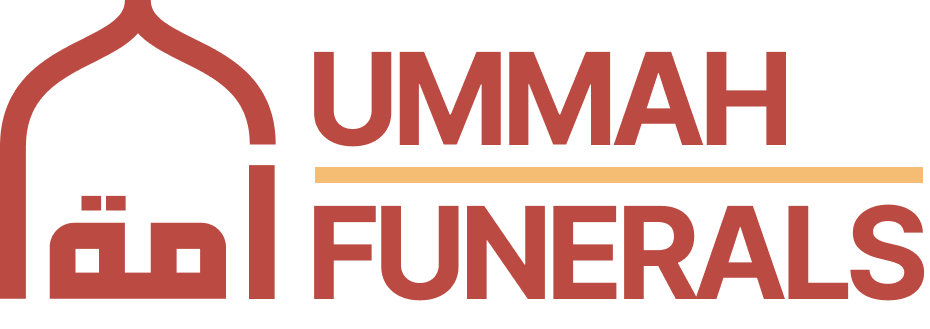Resources & Guides
Comprehensive library of Islamic funeral guidance, planning resources, and support materials for families
Resource Library
Access our comprehensive collection of guides, articles, and resources to help you navigate Islamic funeral traditions
Coming Soon
We're working hard to bring you comprehensive Islamic funeral guides and resources. Our library will be available soon with detailed information on all aspects of Islamic funeral traditions.
Frequently Asked Questions
Common questions about Islamic funeral traditions and services
What are the differences between the four schools of thought regarding Janazah?
The four madhabs (Hanafi, Maliki, Shafi'i, Hanbali) have minor differences in Janazah procedures. Main variations include: the number of water pourings during ghusl, specific dua recitations, positioning during prayer, and certain burial customs. All maintain core Islamic principles while allowing for scholarly interpretations.
Which washing method should we follow for ghusl?
The washing method depends on your family's madhab tradition. Hanafi tradition uses three complete washings, Maliki emphasizes thorough cleansing with flexibility, Shafi'i requires specific sequence of washing, and Hanbali follows detailed step-by-step process. Our team can guide you according to your preferred school of thought.
What burial options are available while maintaining Islamic principles?
Islamic burial requires ground burial facing Mecca, using biodegradable materials. Options include: traditional grave plots, family burial sections, green burial grounds, and vault systems where required by local law. We help families choose options that meet both Islamic requirements and local regulations.
How do we arrange for an Imam for the Janazah prayer?
We maintain relationships with qualified Imams from different madhabs and can arrange appropriate religious leadership for your service. We consider your family's preferred school of thought, language requirements, and specific ceremonial needs when making arrangements.
What aftercare support is provided following burial?
Our aftercare includes: guidance on Islamic mourning practices, connecting families with community support groups, assistance with ongoing religious observances, help with estate matters, grief counseling resources, and check-ins during the traditional mourning periods.
What are the basic requirements for Islamic burial?
Islamic burial requires washing (ghusl), shrouding (kafan), funeral prayer (janazah), and burial in the ground facing Mecca. The body should be buried as soon as possible, preferably within 24 hours.
Can Muslims be cremated?
No, cremation is not permitted in Islam. Islamic law requires burial in the ground, as the body is considered sacred and should return to earth naturally.
What is the mourning period in Islam?
The mourning period (iddah) for a widow is 4 months and 10 days. For other family members, there is no specific mourning period, but three days of mourning is common practice.
Are flowers allowed at Islamic funerals?
Simple flowers are generally acceptable, but elaborate floral arrangements should be avoided. The focus should be on prayers and remembrance rather than decorative elements.
What should I bring to an Islamic funeral?
Bring yourself with the intention to pray and offer condolences. Food contributions for the family are appreciated. Avoid bringing flowers or gifts to the service itself.
